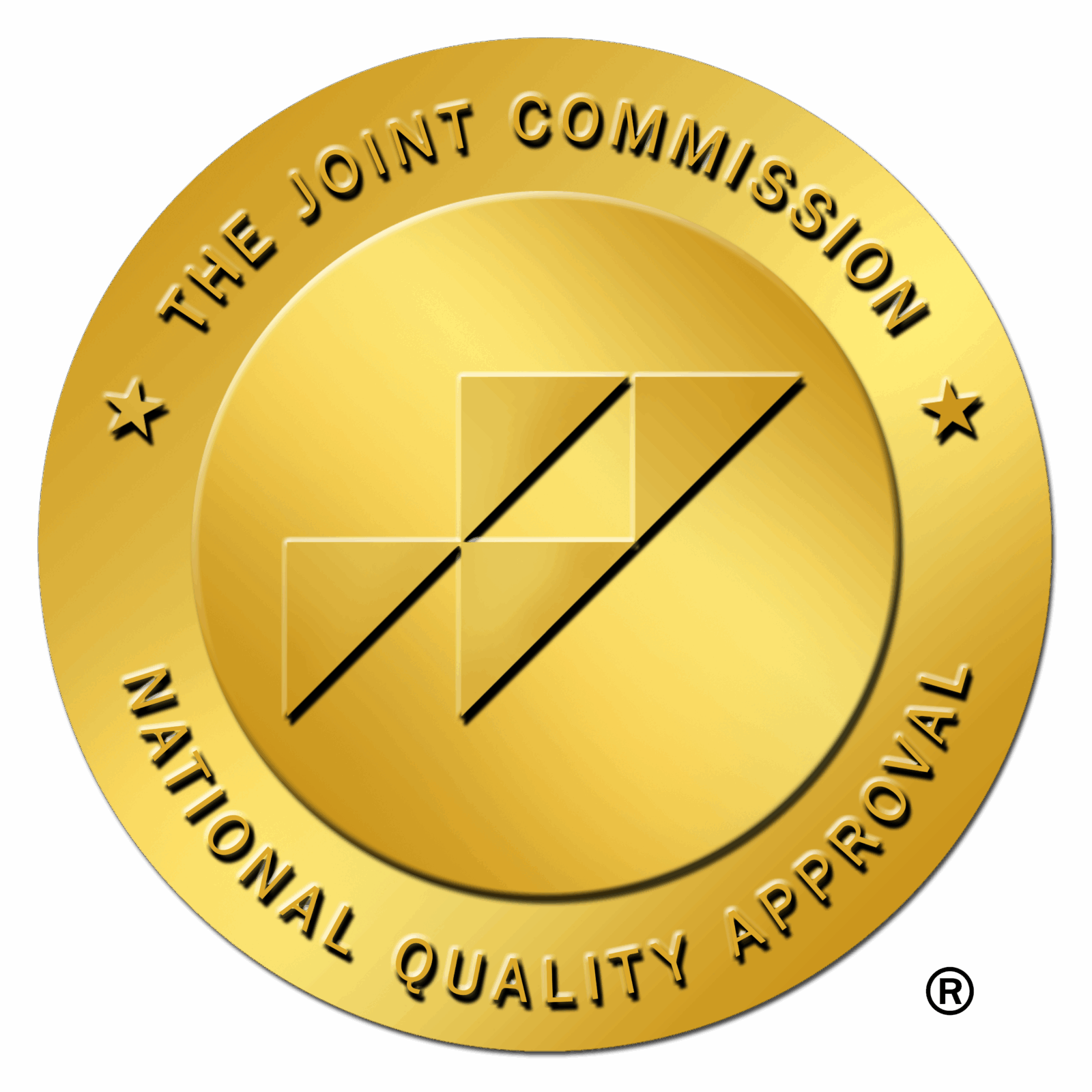Oklahoma City Indian Clinic promotes prostate cancer education.
OKLAHOMA CITY – Oklahoma City Indian Clinic (OKCIC), a 501(c)(3) nonprofit clinic providing health and wellness services to American Indians in central Oklahoma, wants to help men lower their risk for prostate cancer.
Prostate Cancer Awareness Month is observed every September to offer support to survivors and educate people about symptoms and screenings. According to the National Cancer Institute, approximately 12.6 percent of men in the United States will be diagnosed with prostate cancer in their lifetime, making it the second most common cancer among men. Most cases occur in men aged 65-74. Although prostate cancer is common, there are ways to lower your risk.
“Some risk factors are out of the patient’s control, like age and family history,” said Janice Hixson, MD, OKCIC’s Chief Medical Officer. “You can counter these risk factors with lifestyle changes. If you currently smoke, quit. If you do not exercise, start exercising for 30 minutes each day.”
Although every man is at risk for prostate cancer, older men, African American men and those with a family history have an increased risk. If you fall into one of these categories, you may need to get a prostate cancer screening. The goal of a screening is to locate cancer before any symptoms appear.
There is no standard test used by medical providers, but prostate specific antigen (PSA) tests are commonly used. This involves a blood test to measure the level of PSA present. Another test often used is a digital rectal examination, which involves a health care provider feeling the prostate for any abnormalities.
“Screenings are not appropriate for every patient,” Hixson said. “Be sure to speak to your health care provider about your risk for prostate cancer to decide if a screening is right for you.”
It’s important to be aware of prostate cancer symptoms, so you can speak to your health care provider as quickly as possible. Symptoms include:
- Difficulty starting urination
- Weak flow of urine
- Urinating often, especially at night
- Trouble emptying the bladder completely
- Pain during urination
- Blood in the urine or semen
- Pain in the back, hips or pelvis that doesn’t go away
- Painful ejaculation
“Experiencing symptoms doesn’t mean you have prostate cancer,” Hixson said. “These symptoms can be caused by other conditions. If you do experience symptoms, it’s important to see a health care provider so you can get treated.”
OKCIC patients can schedule an appointment with their health care provider at (405) 948-4900.
About Oklahoma City Indian Clinic
Oklahoma City Indian Clinic was established in 1974 to provide excellent health care and wellness services to American Indians in central Oklahoma. The clinic staff cares for more than 22,000 patients from over 200 federally recognized tribes every year. American Indians can receive a range of services, including medical, dental, pediatrics, prenatal, pharmacy, optometry, physical fitness, nutrition, family programs and behavioral health services. For more information, please call (405) 948-4900 or visit www.okcic.com.

